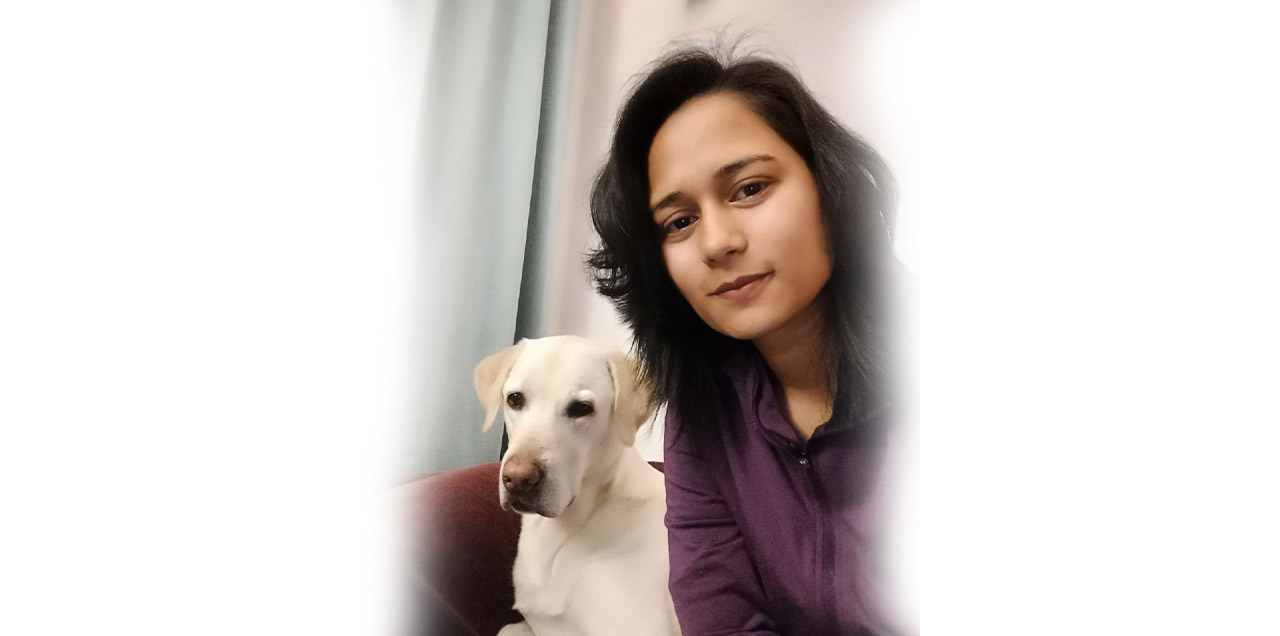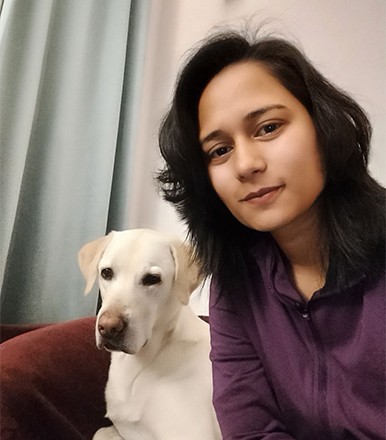Have you returned home from a short outing and found your favorite shoe in tatters, furniture deranged, and your living room representing a canine-led rebellion? Before you speculate that your furry buddy might be planning a coup, we’d like you to consider something opposite. The truth can be something more heartwarming yet alarming at the same time.
All the actions mentioned above, and some more, are simple symptoms of Separation Anxiety that your dog might experience when you’re away from him. It is a common phenomenon among dogs. According to a report by RSPCA, England, “8 out of 10 dogs find it hard to cope when left alone. However, even half of them won’t show any obvious signs.”
But since your dog has started showing strong signs of the same, it becomes important to get into the details of the issue. This article will give you a holistic idea of what Separation Anxiety is and how you can help your dog overcome this behavioral issue.
What is Separation Anxiety? Why do Dogs suffer from it?
Separation Anxiety can be simply understood as a dog’s hyper-attachment towards the Dog Parents. So much so that they don’t have any idea about what to do when left alone by their parents; hence, they start showing signs of disruption, depression, and aggression, which are ultimately caused by anxiety.
The issue might seem innocuous, but it has some serious implications. And to understand that, one needs to look at the history of dogs.
Rooted in the evolutionary history of dogs descending from wolves, the concept of staying together for survival is deeply ingrained. In the wild, isolation could mean danger or even death. This genetic predisposition lingers in domesticated dogs, fostering a fear that being left alone equates to a life-threatening situation.
Now, in modern times, Dogs don’t have a pack to look after them; hence, they depend on their human parents for safety, food, and shelter. However, when left out of the human pack, their primal instinct kicks in, making them do things that are described as disruptive behavior.
What are the symptoms of Separation Anxiety in Dogs?
Having established the issue, we need to know how to identify the issue among dogs. To ensure that nothing was left out, we engaged in a conversation with a dog behaviour specialist Ms. Bhavna Gakhar who enlisted four major symptoms:
- Howling: When left alone, dogs generally howl. According to the experts, this is a cry to let the Dog Parents know that the dog has been left behind. And that they should come to find him.
- Digging: Since the dogs are aware that the gates, the walls, or sometimes even the floor is a hurdle in their way to reuniting with their pack (parents), their primal behavior makes them dig. So that they can create a passage/tunnel to reach their parents.
- Not eating: This behavior is again caused by their genetic descent from wolves. Having been left alone, dogs do not eat when they are stressed or nervous. Being left alone is directly associated with anxiety and stress and they stop eating their food.
- Stress release: Unlike humans, dogs don’t carry stress and find different ways to release it. Hence, when left alone, they feel insecure and anxious, leading them to release their stress in the form of peeing and pooping.
How is Separation Anxiety triggered?
The biggest trigger of separation anxiety, according to the experts, is how dogs are treated by their parents. For starters, it is a big misconception that dogs must be treated like humans. This way of dealing with dogs has been the reason behind several issues.
When you treat your dog as your human buddy, you condition them in a certain way. For starters, you may be talking with your dogs a lot. Showing them affection when it’s not required. Or even not following a proper schedule of basic events like walking, playing, disciplining, socializing, feeding, sleeping, and affection.
All of this leads to your dog getting accustomed to their parent’s constant attention and creates an association that they can feel comfortable only in the presence of the human. As a result, when left alone, dogs long for a routine, something to keep them occupied, and end up feeling anxious about their existence as a whole.
How to ease the symptoms of Anxiety in dogs?
The first thing a dog parent needs to remember is that Separation Anxiety is not a medical condition, nor any form of sickness or infection. Hence, they should abstain from using any form of medication.
The only way to ease this anxiety is to make your dog realize that staying alone is normal. In our conversation with the expert, they suggested making the dog learn that “if the dog parent is going out, they will also return.” The parents can practice this by leaving their dogs alone for a small amount of time to see how they react and then condition them accordingly by increasing the period of absence.
Another thing that you need to do is inculcate a rigid routine in your dog’s life. They should be aware of what they’re supposed to do at a particular hour of the day. This would lead to them depending less on you and help their behavior become predictable and calmer.
This article wouldn’t be possible without the invaluable contributions of Bhavna Gakhar, a dog behaviorist and a dog parenting expert at Kukkur Vachan. In her penultimate advice for dog parents, she says, “Parents should work towards zero excitement in their dogs and nurture calmness because a calm dog is a happy dog.”
BHAVNA GAKHAR
Bhavna Gakhar is a renowned dog behaviorist who operates under the esteemed brand name Kukkur Vachan. She is based in Gurgaon and has 5 years of expertise in studying dog behaviors and 3 years of experience in guiding dog parents. Bhavna has successfully assisted over 100 clients in the Delhi NCR region. Through dog parenting consultations, she enlightens dog parents about dog psychology, and communication, and aids in building a strong bond of trust and respect between dogs and their human companions.
Hello Fitness Magazine is your go-to source for the latest trends, tips, and insights on health and wellness. From nutrition advice to workout routines, we're dedicated to helping you live your best life. Ready to embark on your journey to better health and well-being? Visit Hello Fitness Magazine today for expert advice, inspirational stories, and actionable tips to help you reach your goals. Whether you're looking to improve your diet, ramp up your fitness routine, or prioritize self-care, we've got you covered. Get started now and say hello to a happier, healthier you!














